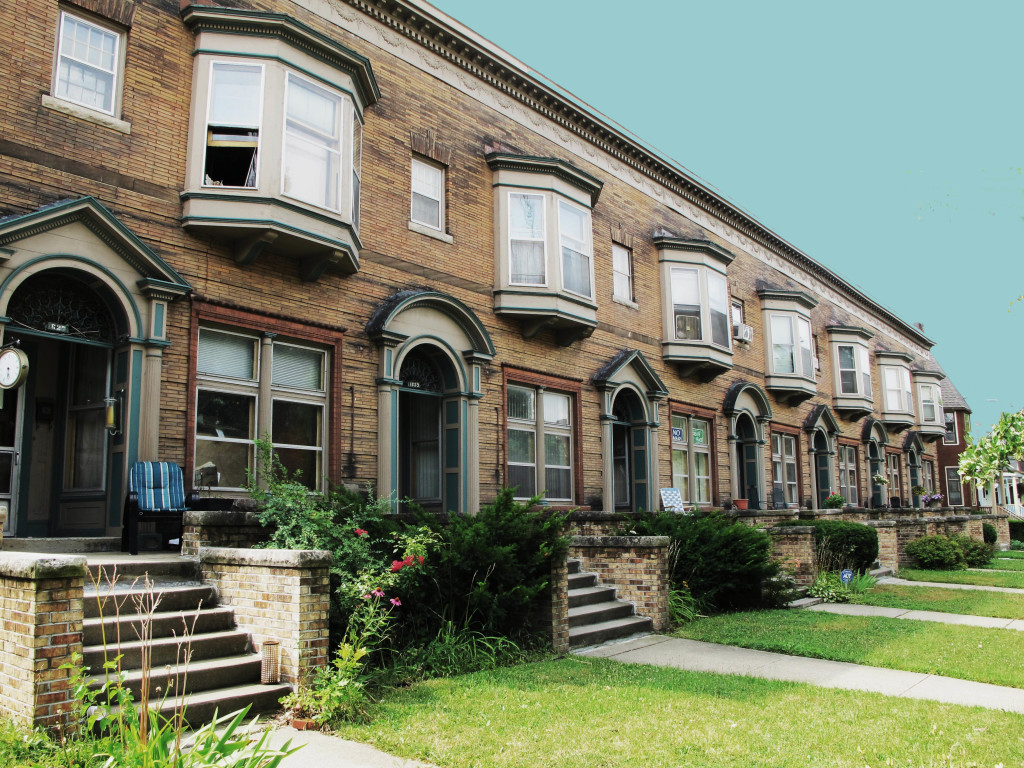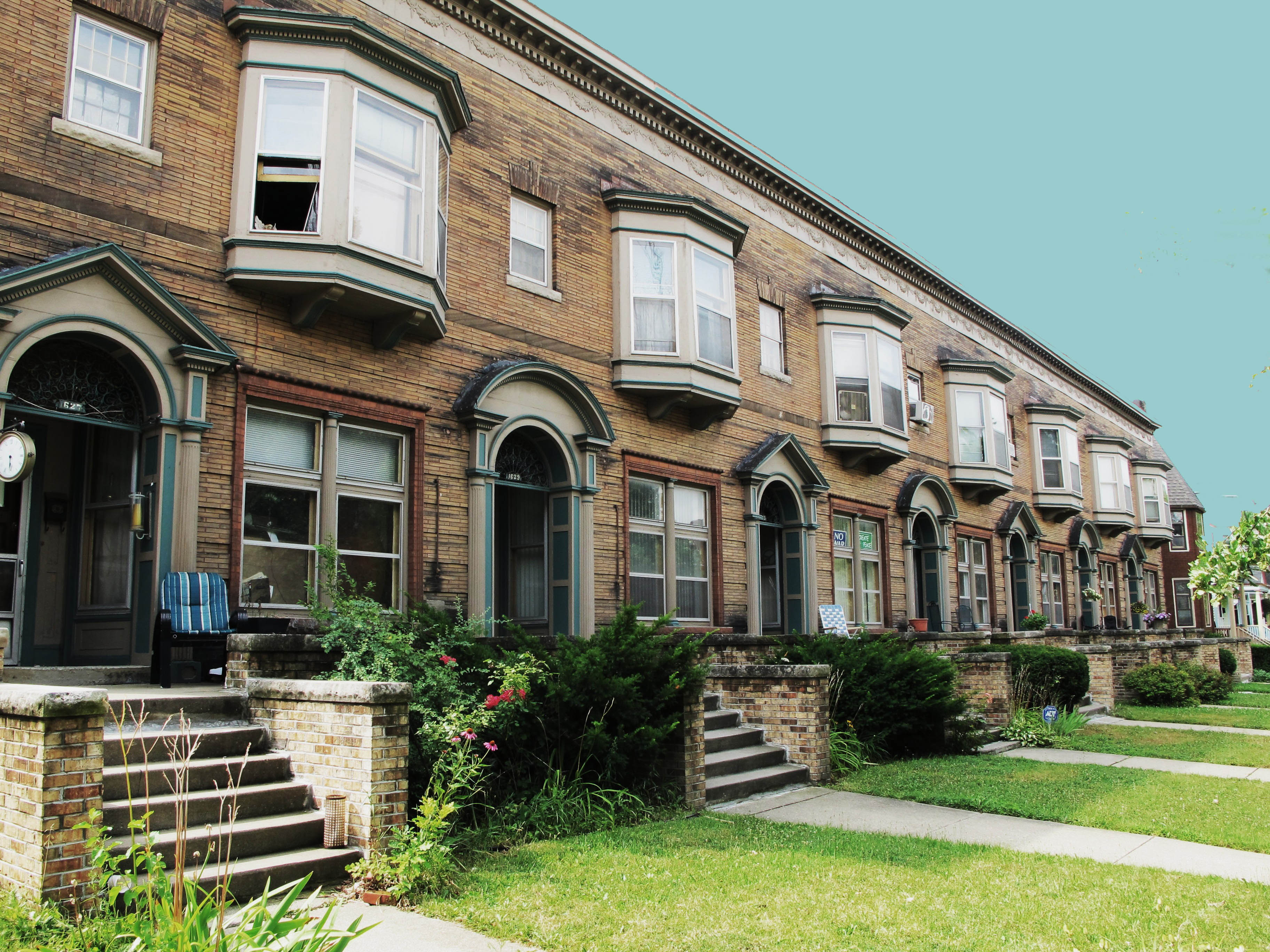Isaiah 5:8 Woe unto them that join house to house, that lay field to field, till there be no place, that they may be placed alone in the midst of the earth!
This verse came back to mind as I was reading the news on ctv.ca. Two headlines grabbed me and it wasn’t hard to understand the intent of the articles without even reading them. The first article was this:
Highrise residents who have cardiac arrest have lower survival rates: study
And the second article was this:
Dubai tower fire highlights risks found in common building materials
The passage the verse above comes from in Isaiah is discussing how God feels and the destruction He said would come because of how God’s Chosen People had been treated and were treating themselves and their worship of god.
A fuller look at the context is found here:
Isaiah 5:6-8 And I will lay it waste: it shall not be pruned, nor digged; but there shall come up briers and thorns: I will also command the clouds that they rain no rain upon it. 7 For the vineyard of the LORD of hosts is the house of Israel, and the men of Judah his pleasant plant: and he looked for judgment, but behold oppression; for righteousness, but behold a cry. 8 Woe unto them that join house to house, that lay field to field, till there be no place, that they may be placed alone in the midst of the earth!
Interestingly enough, an article I wrote that got rejected over at iWrite.com was on the subject of trimming and pruning. The keyword requested was “Trimming and Prunning”, which had two problems with it as a writer: 1) it was capitalized, and 2) a word was spelled wrong. On iWrite, a keyword is not considered included if it isn’t included “as written”. The requester didn’t want the article keyword stuffed, so I used that phrase only three times. They rejected it claiming that it was still keyword stuffed although those three references occurred within a 500 word article. The words trimming and pruned showed up separately from each other elsewhere in the article several times, and spelled correctly.
But the subject of pruning being seen twice in one day, with one of the references being God’s Word, catches my attention. When God speaks once, listen. When God speaks twice, you better take notice and take the attention-getting issue seriously. But when God speaks three times, you better take action if you hadn’t already!
Here we have two issues mentioned twice, issues related to stacking house on house or adding house to house or joining house to house, and issues related to pruning.
 The concept of building houses attached to one another whether in rowhousing/townhouses or on top of each other as in apartment complexes, condo towers, etc, has actually been going on for a long time throughout history. Ancient Rome is one of the first recorded and excavated examples of doing this, with apartment buildings that looked quite decent minus washrooms or actual kitchens. Refuse was dumped in the streets, meat was bought cooked from the market, etc. Although to my knowledge we haven’t yet dug up archaeological evidence of it happening in Isaiah’s time, it is possible this statement was a warning NOT to do this! As observed in the two articles recently on CTV.ca, there is good reason for those warnings, and space to call your own is just one of the reasons. Other translations of Scripture interpret this verse to mean people buying up multiple houses and multiple fields till there is no available housing or means of sustenance for others. We see this definition actively in play in today’s culture as well with people owning more than one home, real estate tycoons owning entire towns, etc. Real estate has been driven so high in many parts of Canada, that it is not possible for many people to own their own homes anymore, they are stuck renting from others.
The concept of building houses attached to one another whether in rowhousing/townhouses or on top of each other as in apartment complexes, condo towers, etc, has actually been going on for a long time throughout history. Ancient Rome is one of the first recorded and excavated examples of doing this, with apartment buildings that looked quite decent minus washrooms or actual kitchens. Refuse was dumped in the streets, meat was bought cooked from the market, etc. Although to my knowledge we haven’t yet dug up archaeological evidence of it happening in Isaiah’s time, it is possible this statement was a warning NOT to do this! As observed in the two articles recently on CTV.ca, there is good reason for those warnings, and space to call your own is just one of the reasons. Other translations of Scripture interpret this verse to mean people buying up multiple houses and multiple fields till there is no available housing or means of sustenance for others. We see this definition actively in play in today’s culture as well with people owning more than one home, real estate tycoons owning entire towns, etc. Real estate has been driven so high in many parts of Canada, that it is not possible for many people to own their own homes anymore, they are stuck renting from others.
Scripture is a strong advocate for having space. Space to be alone with God. Space to be with family. Space to enjoy one’s wife. Space to rest in solitude upon one’s bed. The idea of getting alone to think, to meditate, to pray, to rest, can be found scattered across the Old and New Testament. There is actually a heightened level of stress when that space can’t be found.
Pruning as understood by orchardists and foresters, involves cutting away dead wood and problematic branches from a tree so that it will grow healthy, strong, and produce fruit. On a larger scale, the forester and orchardist will thin out their stands of trees so that they have room to grow, get enough sunlight, etcetera. If branches are getting in the way of other branches, the fruit that tries to grow there might get knocked to the ground instead of maturing to full form. Trees that grow too close together will interfere with each other’s root systems and access to necessary sunlight, even killing foliage beneath their branches, driving out any wildlife that might have contributed to the ecosystem. Trees do live in community and via their root systems, they do share water and nutrients between each other, but even healthy trees need to be kept from crowding in on each other.
Well, well, well. . . If we haven’t gotten this far in today’s musings only to discover how two initially very different topics suddenly come crashing together! If the farmer and forester find it necessary to thin their orchards and prune their trees, how much more does God the Father wish for us to have the necessary space to allow Him to prune our branches and encourage healthier growth? A tree allowed to grow wild will eventually produce sparse, small, and sometimes even sickly fruit. A wild rose-bush for example has small flowers on spindly stems while a cultivated rose-bush has large flowers on much shorter and densely populated stems. The same is true for wild versus cultivated apple trees.
Because of how Israel was behaving, God was going to let them grow wild, but warned them against allowing overcrowding at the same time.
Humanly-speaking, having your social circle thinned out doesn’t always seem enjoyable. People move out of your life, or you move out of theirs. People die, life seasons change, and more. If several people end up being removed from your life in these fashions all at once, life can suddenly seem too quiet, even boring at first until the realization dawns that you now have more time for that personal project, more time for devotions, more time for housework, or whatever has suffered while your social circle was so busy.
Having branches pruned from your life can be downright painful! Unlike a tree that goes dormant in the winter, we don’t. So when God decides it’s time for dead wood to be removed, infected branches to be cut down, or problematic branches that would impede healthy fruit bearing removed, we can mistakenly think we’re going to bleed to death! But God is the Master Gardener, or Husbandman as the King James Bible puts it. He knows what is necessary to bring us to our fullest potential. He is skillful and won’t remove more than He has to at any given time. He knows the influences in our lives that are healthy and those that will cause rot or infection to set in.
Has your social circle been thinned recently? Is life uncharacteristically quiet for you right now? Has stuff been removed from your life that you weren’t expecting? This may be your Winter of the Soul. Let it happen. When Spring comes, your roots will have more room to spread out, and go deeper into God’s Word. When Spring comes, your life will be better positioned to be more fruitful in the tasks God has given you within the Kingdom. Don’t fight it. God has His reasons and He can be trusted to do only what’s best for you, even if it seems painful at the time. Trust the Master Gardener! You won’t regret it.

